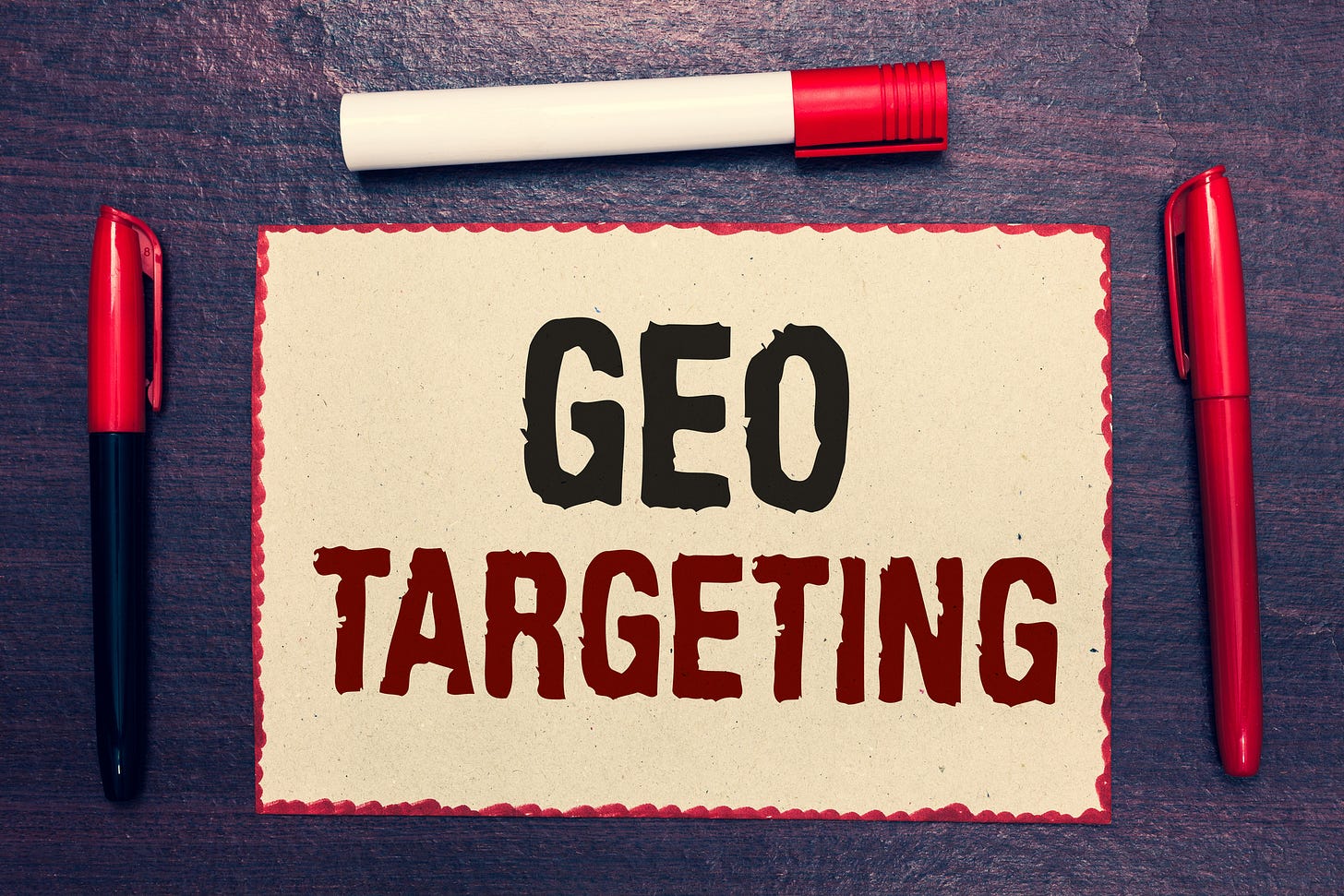Events that transpire in today’s world make a difference. Macroeconomic events tend to relate to the monetary and fiscal arena. Geopolitics reviews the actual distribution of power and resources across many regions as strategies are shaped by conflicts and alliances among them. Geoeconomics examines how states use tools and instruments to achieve their objectives, gain influence, enhance security and advance within the regional and international world.
Events Matter
Iran has declared five days of mourning after president Ebrahim Raisi was killed in a helicopter crash amid heavy fog in northern Iran. Rescuers found the helicopter that was carrying him, as well as the country’s foreign minister Hossein Amirabdollahian and other senior officials, after it crashed in a mountainous northwest region of Iran.
Minutes after the “Red Crescent Society” announced its team had reached the site of the crash, state TV reported that there were “no signs of life” and an official said the helicopter was “completely burned”. The state-run Mehr news agency announced that the president and foreign minister had been “martyred”. As a good friend of mine in Iran reacted, “they’re dancing in the street”. All of the “shoes” have not dropped and one would expect there’s more to this developing story so stay tuned.
Iran’s first vice president “Mohammad Mokhber” will immediately take charge of the executive branch and has a maximum period of 50 days to hold elections following the death of president Ebrahim Raisi. China’s Xi Jinping and Russia’s Vladimir Putin both lamented the death of their “good friend”. Regionally, they’ve chosen this pathway to solidarity, how it all plays out worldwide has not yet been determined.
What Is Geoeconomics
Geoeconomics recognizes increasing “interconnectedness” of economies worldwide. Countries are dependent on each other for trade, investment and access to resources. This economic cooperation and its competitive advantage leads to opportunities.
Geoeconomics heightens leverage that economic strength provides in shaping global affairs. Countries with an economic power exert influence over others with incentives, sanctions and trade restrictions. This acknowledges “risks and opportunities” arising from geopolitical dynamics and events. Conflicts, regime changes, regional tensions disrupted global supply chains and more all impact investment decisions and create economic uncertainties.
Geoeconomics uses economic policies, trade, investment, sanctions, tariffs and overall financial regulations, to achieve objectives. Governments use “economic statecraft” to promote national interests, influence other countries' behavior and enhance their own economic competitiveness. Recognizing the competition among all nations for access to resources and markets is a driving force. Energy, rare earths strategic commodities and more are sought by all countries as they shape economic growth and benefit the technological advancement driving their basic development. Technology shapes most economic leaderships. Countries strive to maintain a competitive edge in areas like AI, robotics, biotechnology, clean energy and more to drive investment.
Geoeconomics enhances “competition” to secure an access to resources, markets and technology. This involves the pursuit of foreign investment, development assistance, market access agreements and the establishment of international economic alliances. Governments develop geoeconomic strategies to enhance their economic influence and achieve their regional and international geopolitical goals. Economic alliances, currency manipulation, sovereign wealth funds and the use of international financial institutions enhance basic infrastructure and related goals.
Geopolitical intelligence “assesses” risks, political instabilities, “conflicts”, regulatory changes, trade wars and sanctions. These identify investment threats, supply chains or basic business operations. An understanding enables proactive risk management and planning. Geopolitical intelligence “investigates” longer-term trends and projections, demographic shifts, technological advancements, climate change and most emerging geopolitical power dynamics. Understanding these enables businesses and investors to adapt their strategies and make decisions.
So What’s Next In Today’s World
Geoeconomics demonstrates a political tone, one that investors and traders must be aware of. The reactions are more clear than not but uncertainty remains politically as differences of opinion remain. Let’s start by examining the death of Iran’s president.
Externally, from China to Russia, Iran’s teammates jumped on the bandwagon to show their support. I’m surprised to a degree that others have not chimed in. Similarly I am not surprised that other regional powers did not. Internally Iran is bifurcated as some in the country are thrilled that their president is dead. While their feelings are seldom recognized worldwide their reaction is clear. Getting their message out is the problem.
Politically, the rest of the world is immersed in uncertainty. Here in the United States, we are faced with a dynamic of choosing between the “lesser of two evils”. European influences cut in every direction possible as its proximity to inherently unstable and dynamically changing political scenarios are real. “No Man Is An Island” by Thomas Merton is a must read to better understand how man affects his own environment. It is impossible for different worldwide regions to react independently. In every way one country and region interacts with another, both positively and negatively. Understand what the interrelationships are and you’ll make better investment and trading moves. That in a nutshell what geoeconomics is all about.
In today’s world events not only happen quickly, the immediate reaction is apparent. I read a lot. Over the weekend events out of Iran took over the airwaves. We missed the positives that occurred in Europe and the Middle East. They were simply drowned out by other events that were deemed to be more important. For some reason, people like you and me, tend to look more towards the “negative versus the positive”. The metals ran higher as the news out of Iran hit. When the “event” was categorized as being just an accident they settled down. I’m long term in this segment so trading “in-and-out” is not on my agenda but traders should have their eyes and ears on things like this. It may not be “the end of the world” as we know it but that’s what’s being watched.







